China Launches Anti-Dumping Investigation into POM Copolymer Imports Amidst Public Outcry Over Online Romance Scam Tragedy
On May 19th, the Chinese Ministry of Commerce announced the initiation of an anti-dumping investigation into imports of polyoxymethylene (POM) copolymers originating from the European Union, the United States, Taiwan, and Japan.
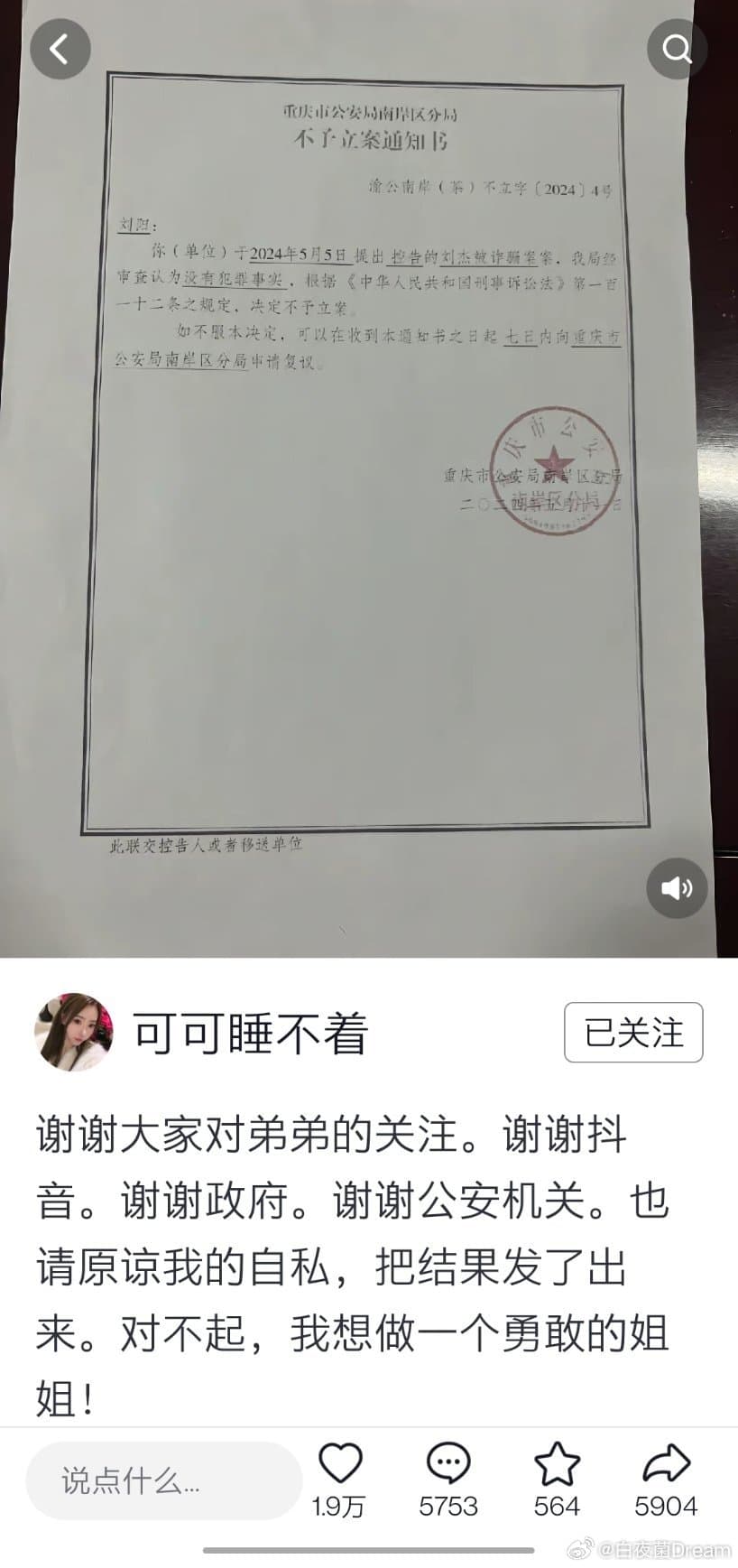
19 May 2024
This investigation was prompted by a formal request from several Chinese companies, namely Yunnan Yuntianhua Co., Ltd., China Energy Group Ningxia Coal Industry Co., Ltd., Kaifeng Longyu Chemical Co., Ltd., Yankuang Lunan Chemical Co., Ltd., Tangshan Zhonghao Chemical Co., Ltd., and China National Petroleum Corporation Inner Mongolia New Materials Co., Ltd. These companies represent a significant portion of the domestic POM copolymer industry, accounting for over 50% of the total production in China from 2021 to 2023.
The anti-dumping investigation is aimed at determining whether these imports have been sold at unfairly low prices and if such practices have caused or threaten to cause material injury to the domestic industry. As per the initial review by the Ministry of Commerce, the evidence provided by the applicants met the criteria specified under the "Anti-dumping Regulation of the People's Republic of China" for initiating an investigation. The investigation will cover the period from January 1, 2023, to December 31, 2023, concerning the alleged dumping activities, and from January 1, 2021, to December 31, 2023, for assessing the impact on the domestic industry.
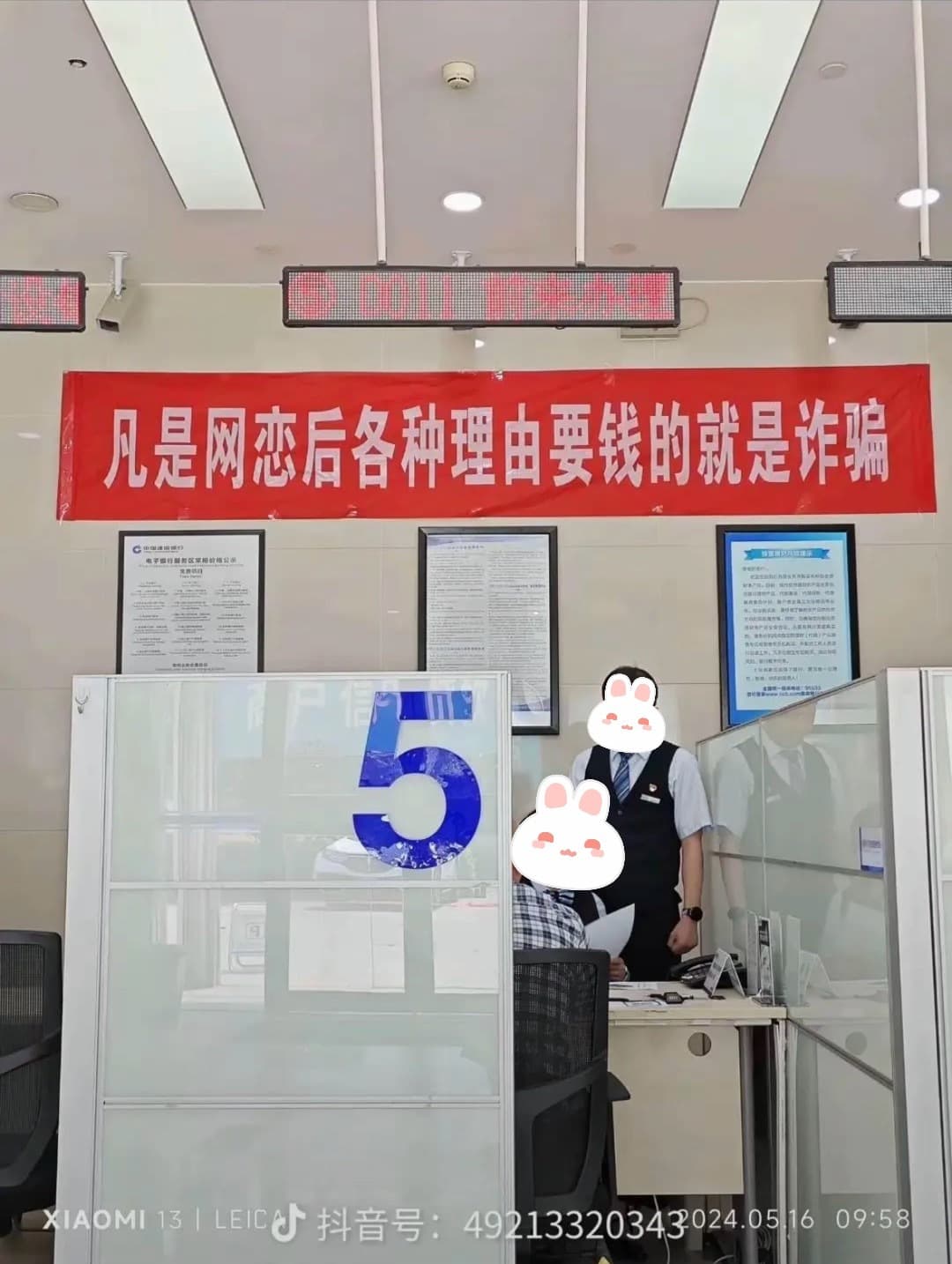
The POM copolymer, also known as polyformaldehyde copolymer or acetal copolymer, is a versatile engineering plastic known for its high mechanical strength, resistance to fatigue, and low creep, which can replace metals like copper, zinc, tin, and lead in various industrial applications. In conjunction with the announcement, the Ministry of Commerce detailed the procedural steps for interested parties to participate in the investigation. Stakeholders have 20 days from the announcement to register and submit relevant information, including details on the quantity and value of the imports and domestic sales of the products.
This development has elicited mixed reactions on Chinese social media platform Weibo. Many netizens expressed their approval of the government's action to protect the domestic industry, seeing it as a necessary step to ensure fair competition and support local manufacturers. Users highlighted the importance of safeguarding domestic interests against unfair trade practices from international players. However, the discourse on Weibo was not solely focused on the anti-dumping investigation.
A parallel and emotionally charged discussion unfolded around a tragic incident in Chongqing, where a man, referred to as "胖猫" (Fat Cat), ended his life after being defrauded in an online romance scam. Despite the fraudulent nature of the financial transactions, the local police decided not to file a case, citing reasons linked to the voluntary nature of the man's money transfers.
This decision sparked widespread outrage and debate. Fat Cat's sister, Liu Jialing, has been vocal on social media, expressing her determination to seek justice for her brother. "Please forgive my selfishness in posting the results. I'm sorry; I want to be a brave sister," she wrote. Liu's posts have resonated with many, who empathize with her plight and support her fight for justice. "Please keep going, continue to appeal," one user urged.
Another reflected on the complexity of similar past cases, noting, "The Zhai Xinxin case couldn't initially be classified as fraud either but was eventually charged as extortion." Not all responses were sympathetic. Some users criticized the overwhelming focus on the incident, suggesting that societal attention and resources could be better directed elsewhere. One user commented, "Why are you all so heartbroken?

I feel sorry for the young man, but I also feel he acted recklessly. Instead of wasting money on things like delivery orders for him, why not help children in poverty? He didn't value his own life; why should others be so concerned?" The incident of Fat Cat and the subsequent police decision not to pursue legal action have ignited discussions on mental health, the responsibility of social media platforms, and the role of law enforcement in dealing with online fraud. It raises critical questions about the balance between personal accountability and the need for systemic protections against exploitation in the digital age.
Both the anti-dumping investigation and the Fat Cat incident underscore the diverse issues gripping Chinese society, from economic policies affecting international trade to deeply personal tragedies that stir public sentiment. As these stories continue to evolve, they reflect broader themes of justice, fairness, and the ongoing challenges within both the economic and social landscapes of China.
Share this article
Related Articles
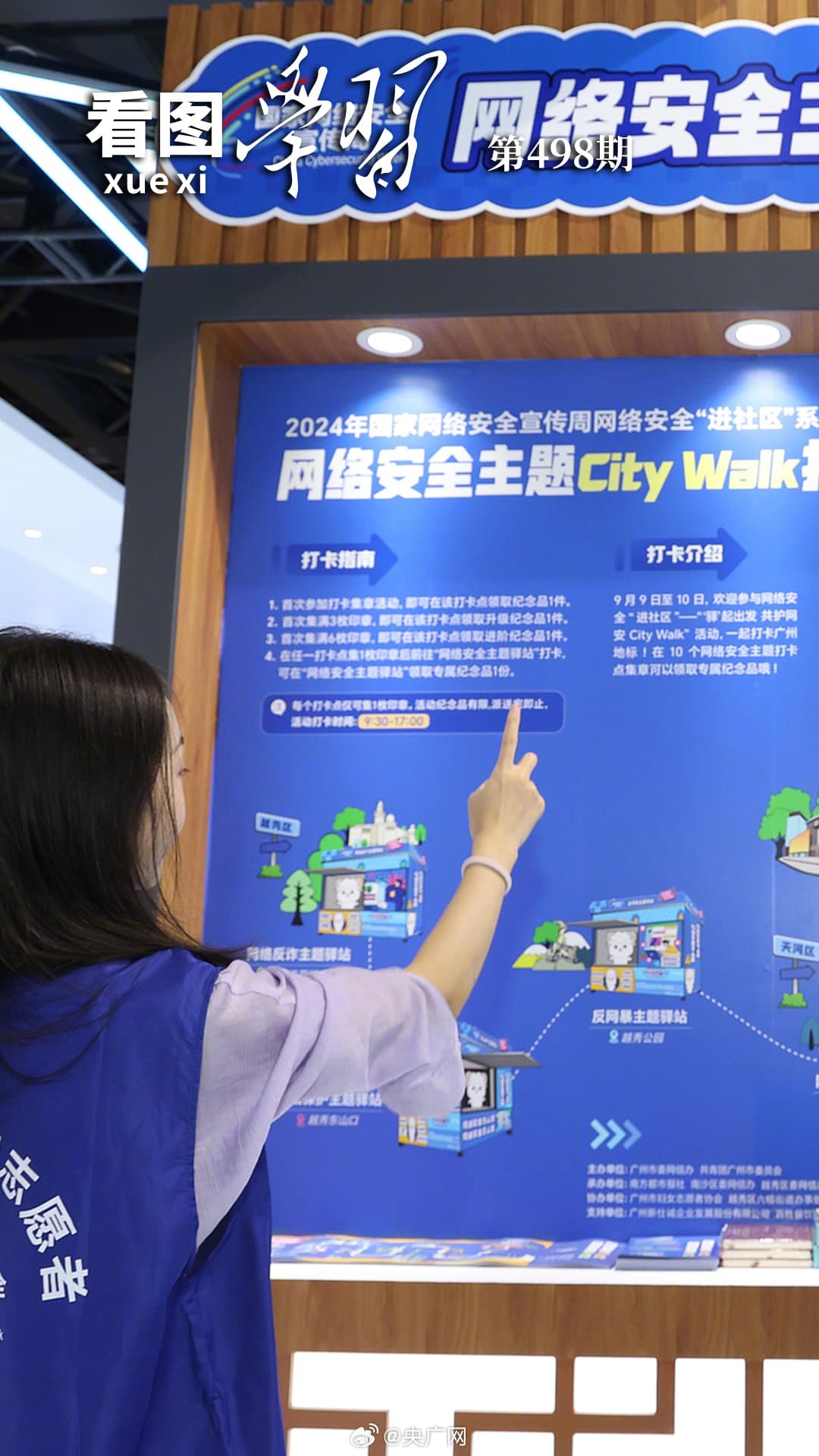
Xi Jinping Elevates Cybersecurity to Core National‑Security Pillar, Driving China’s Quest for a Cyber Superpower
By Trending on Weibo
News & Politics
15 Sept 2025
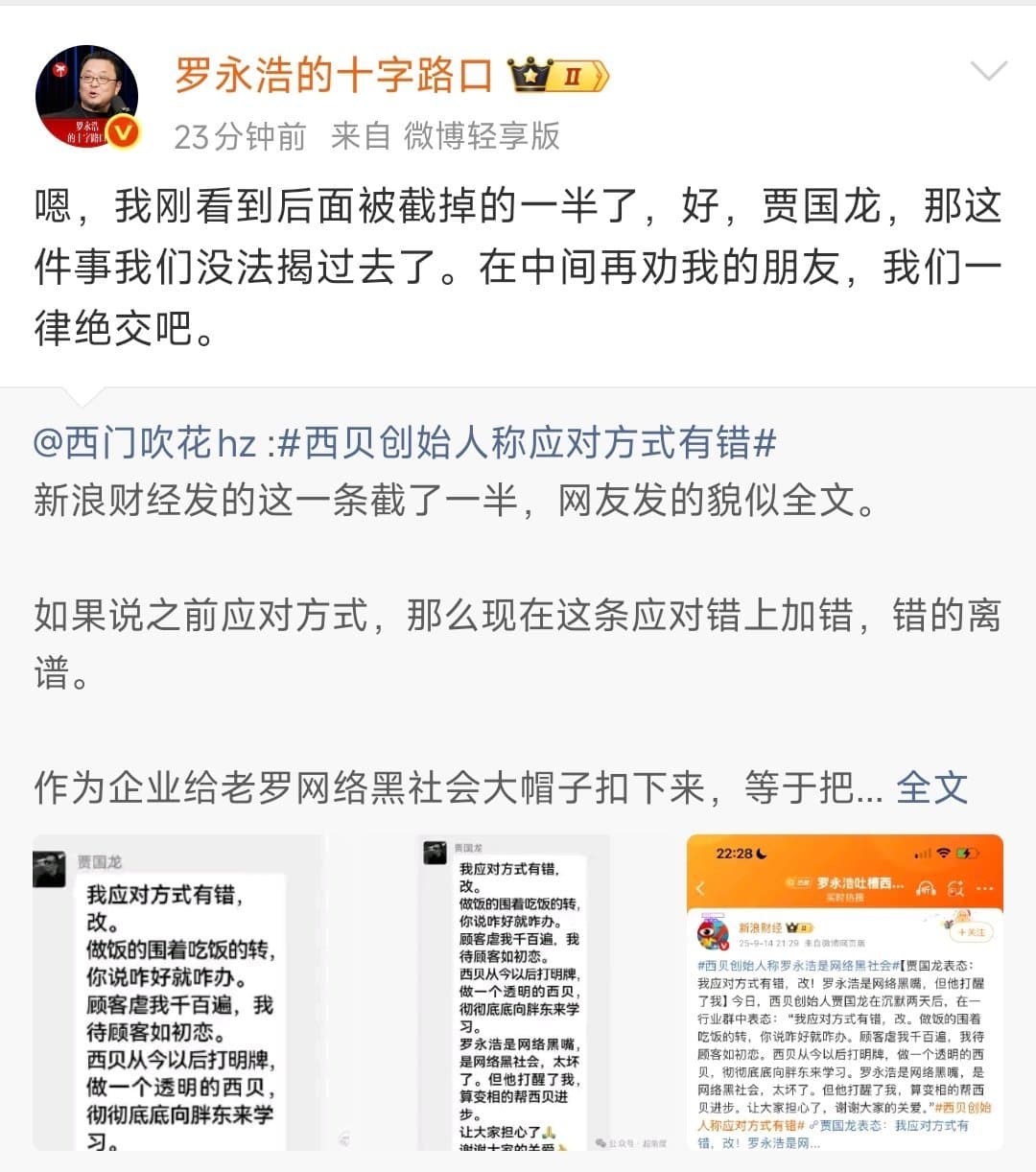
Luo Yonghao vs. Xibei: Celebrity Entrepreneur Sparks Media Storm Over Pre‑Made Dishes and Calls for Transparency
By Trending on Weibo
News & Politics
15 Sept 2025

Weibo Celebrates Autumn Harvest as China’s Fields Become the Nation’s Most Beautiful Canvas
By Trending on Weibo
News & Politics
15 Sept 2025
China Enacts First Comprehensive Rental Regulations to Legalize and Stabilize the Rental Market
By Trending on Weibo
News & Politics
15 Sept 2025
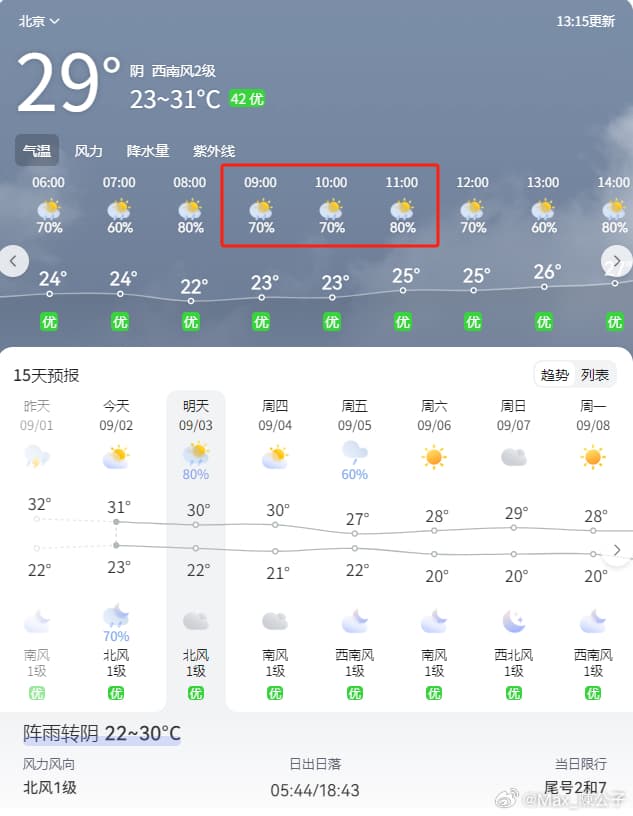
Beijing’s Weather Emerges as a Barometer for China’s Climate Policies and Public Life
By Trending on Weibo
News & Politics
13 Sept 2025